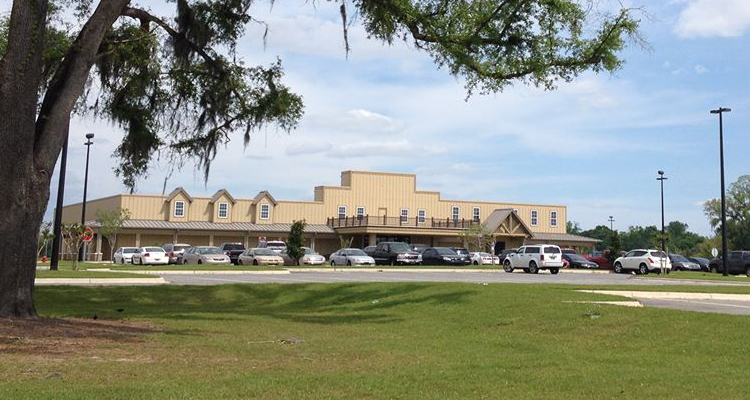In Florida, a federal judge has reportedly rejected a second motion asking him to reconsider a previous ruling that gave the Seminole Tribe Of Florida the exclusive rights to offer blackjack and other “banked” card games in the southern state until 2030.
According to a report from The News Service Of Florida, judge Robert Hinkle from the United States District Court For The Northern District Of Florida declined an appeal from the Florida Department Of Business And Professional Regulation in December and has now snubbed a petition from Gretna Racing, which operates a parimutuel cardroom and dog racing track in Gadsden County.
The Seminole Tribe Of Florida inked a 20-year gaming compact in 2010 that gave it the exclusive rights to operate slots outside of Miami-Dade County and Broward County while additionally granting five years of exclusivity regarding “banked” card games, which see casino players compete against the house unlike in “player-banked” competitions such as poker.
When the five-year “banked” portion of the deal expired in 2015, the tribe attempted to negotiate a new agreement but was twice rebuffed by legislators in Tallahassee despite having come to arrangements with Republican governor Rick Scott. It then filed a lawsuit alleging that the state had failed to negotiate a new accord in “good faith” and as a result it should be permitted to carry on as usual for the entire length of its compact.
In a November 9 ruling, Hinkle agreed with the Seminole Tribe Of Florida, which operates seven casinos in Florida including the Seminole Hard Rock Hotel And Casino Hollywood and the Seminole Hard Rock Hotel And Casino Tampa, that the state’s authorization of “banked” games had triggered an exception to the five-year portion of the compact and ordered that the tribe be permitted to continue providing such offerings until 2030.
Gretna Racing, which is operated by the Poarch Band Of Creek Indians, is among numerous parimutuel cardrooms in the state that offer “player-banked” games and it had reportedly argued that Hinkle’s ruling could put its future in jeopardy.
“Any form of player-banking could be construed to be a crime subjecting Gretna [Racing’s] officers to potential criminal prosecution and possible imprisonment,” read the December 15 filing from attorneys David Romanik and Marc Dunbar, who are also part-owners of the facility near the small city of Gretna.
However, Hinkle reportedly disagreed via a two-page order and wrote that Gretna Racing had no standing in the case and should not intervene as it would not be affected.
“And even if Gretna [Racing] could have qualified for permissive intervention on a timely application, [which is] not an obvious proposition, I would exercise my discretion to deny intervention at this late date as both untimely and otherwise inadvisable,” wrote Hinkle on Wednesday. “The judgment in this case has no binding effect on Gretna [Racing] and the order explaining the judgment will have a practical effect only to the extent a future tribunal finds the reasoning persuasive. If, as Gretna [Racing] seems to believe, it has additional evidence that will persuade a judge to reach a different result, Gretna [Racing] will be free to present the evidence if ever its own interests become the subject of a judicial or administrative proceeding.”
In connected news, The News Service Of Florida additionally reported that Gretna Racing is still awaiting a decision from the Florida Supreme Court regarding the lawsuit it filed after the southern state’s gambling regulator refused to grant it a license to operate slots.
Gadsden County is one of eight counties in Florida along with Brevard County, Duval County, Hamilton County, Lee County, Palm Beach County, St Lucie County and Washington County that saw voters approve a local referendum to allow slots inside their parimutuels but the state has argued that such a move would require the approval of legislators in Tallahassee.


